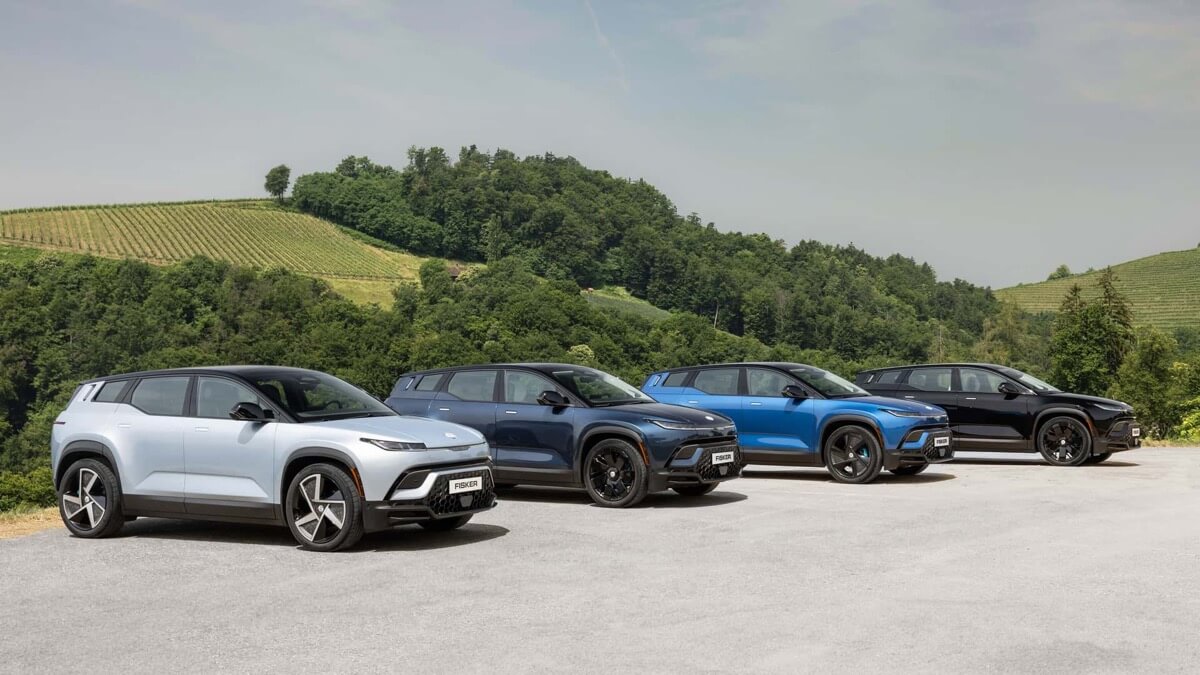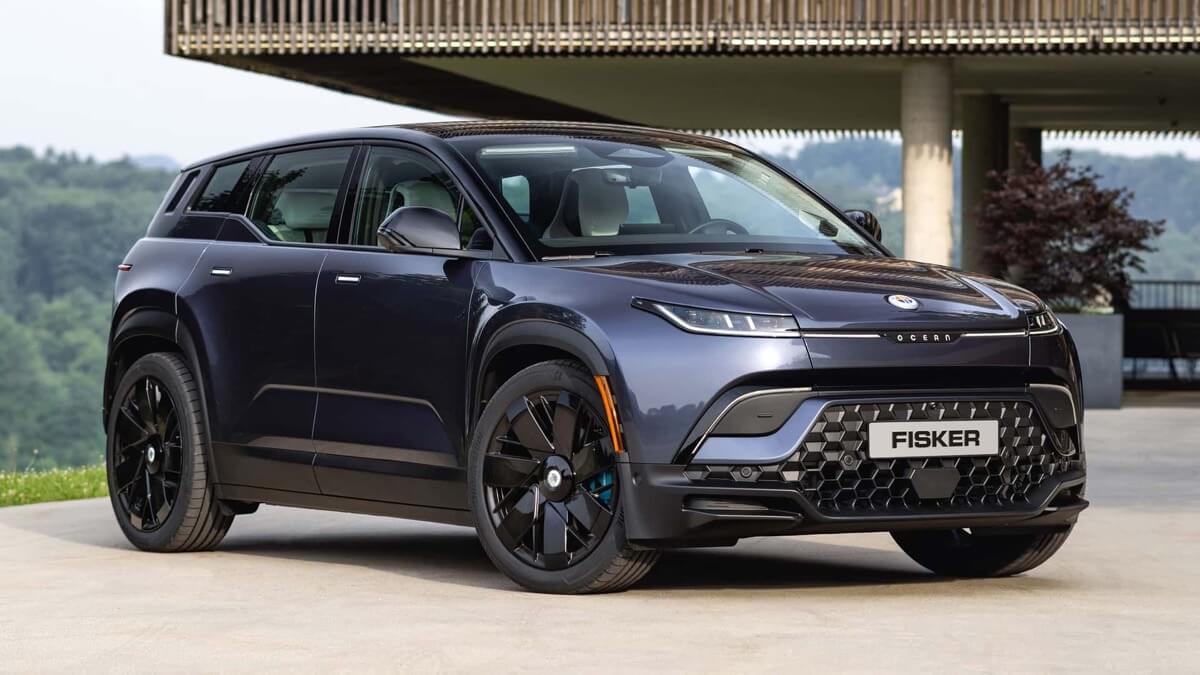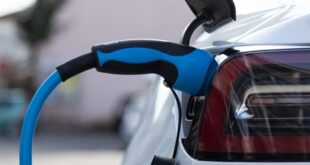Things aren’t looking good for Fisker.
Fisker Inc., the ambitious electric vehicle (EV) startup, has hit significant turbulence, with its future clouded by financial difficulties and looming bankruptcy fears. Amid this crisis, the company slashed the price of its Ocean SUV in an effort to stir demand and secure much-needed cash. Unfortunately, despite becoming the cheapest new EV in the U.S. at $24,999, such drastic price reductions have raised concerns about the company’s viability and the practicality of owning a vehicle that might soon lack support and updates.
The Ocean, a vehicle that once held promise with its stylish design and solid range, now finds itself at the center of a storm. The company’s decision to cut the Ocean’s price was seen as a desperate bid to stay afloat after failing to secure a partnership with a major automaker. This failed negotiation led to a sharp decline in Fisker’s stock value and prompted the New York Stock Exchange to delist the company. Such financial instability has only compounded the skepticism surrounding the Ocean’s prospects, especially given the vehicle’s history of technical glitches and safety issues reported by both owners and prominent reviewers.
The disparity in reviews of the Ocean SUV further complicates Fisker’s narrative. Automotive reviewer Doug DeMuro offered a comparatively favorable view, appreciating the Ocean’s design and acknowledging the glitches as part of the growing pains common to new EV startups. Conversely, tech influencer Marques Brownlee delivered a scathing critique, highlighting severe software issues that led to a significant drop in Fisker’s stock and heightened public scrutiny. This opinion dichotomy reflects the broader challenge of consistency and quality control that plagues early production models from EV companies.

Fisker’s operational struggles are manifold. Beyond the controversial price cuts, the company has grappled with misplaced customer payments, leading to an internal audit that further complicated its financial recovery. Reservation cancellations have surged, with over 40,000 potential buyers backing out, a clear sign of waning consumer confidence. Moreover, Fisker’s admission of selling the Ocean at a loss to undercut competitors like Tesla and Chevy Bolt exacerbates doubts about its long-term financial strategy and product sustainability.
The situation is further aggravated by potential service and software support issues for Ocean owners should Fisker file for bankruptcy. The prospect of owning an EV without access to essential updates, parts, and services poses a significant risk, making the attractively priced Ocean a questionable investment despite its initial appeal.
As Fisker teeters on the edge, the broader implications for the EV market and startup ecosystem are clear. The company’s predicament underscores the harsh realities of competing in the EV space, where innovation and consumer trust are most important. Whether Fisker can navigate through these troubled waters remains uncertain, but its journey serves as a cautionary tale for emerging players in the EV industry, highlighting the critical balance between innovation, financial health, and customer satisfaction.









